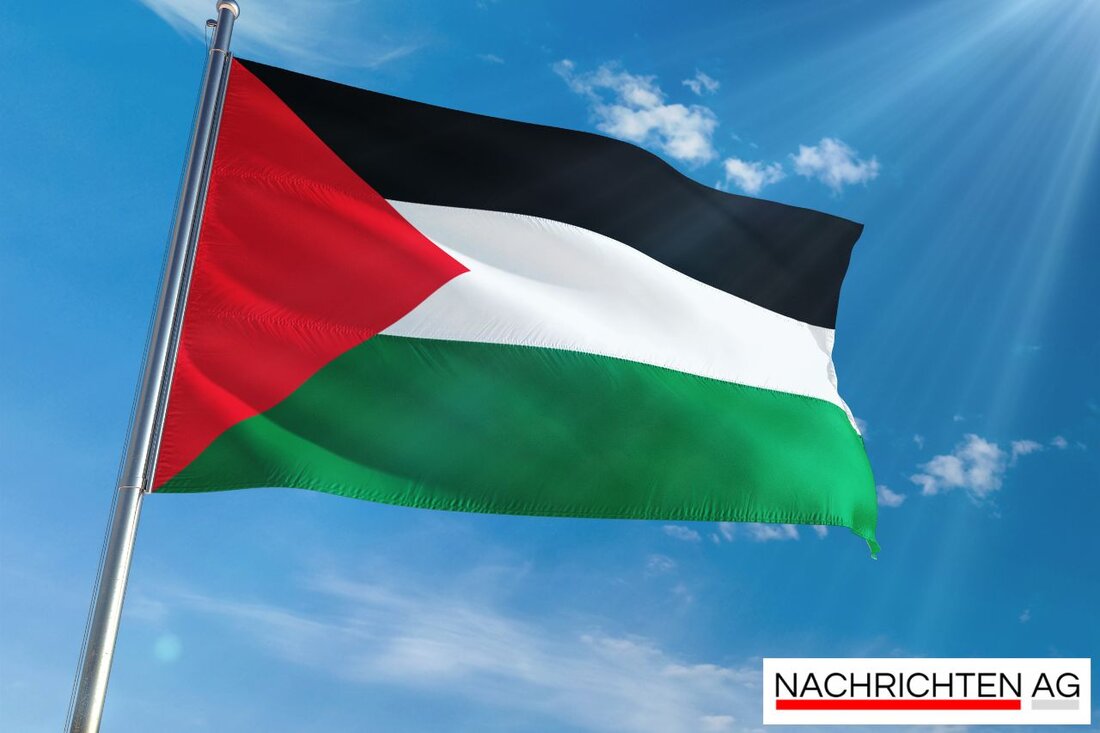Pro-Palestine camp at the Chancellery: moving because of noise and conflict!
Pro-Palestinian protest camp in Berlin moves due to noise pollution; new locations are being discussed.

Pro-Palestine camp at the Chancellery: moving because of noise and conflict!
The pro-Palestinian protest camp at the Chancellery in Berlin is currently causing a lot of excitement. Loud rbb24 The camp, which has existed for around four weeks, is supposed to move. The Berlin Assembly Authority has offered two new locations as replacements, but when the move will take place is anyone's guess. The background to the decision is the noise nuisance and disruption to the Federal Chancellery reported by the police. In order to ensure that the camp can be dismantled in an orderly manner, the entrances have now been closed and new visitors are no longer permitted.
Last week there was an incident at the Chancellery in which two people were arrested for spraying blood-red paint on the facade. This color campaign, initiated by the group “New Generation”, which is linked to the “Last Generation”, represented support for “Palestine Rising”.
Discussion about freedom of protest
The issue of freedom of expression has once again come into focus. Amnesty International points out in its report that the restrictions on Palestinian solidarity voices are severe. Discourse spaces are becoming increasingly narrower, which is not only reflected in the current situation in Berlin. In many places, symbols and exclamations related to Palestine are banned, and even the Palestine flag is not allowed in schools. The organization demands that government discourse should not blanketly criminalize freedom of expression, especially when it comes to legitimate criticism of Israeli and German government policies.
The situation is tense for the police. The state head of the police union, Stephan Weh, criticizes the camp as an “unspeakable habitat for anti-Semitism”. However, the authority emphasizes that no direct coercion has been used in the protests so far and that no violence is to be expected. In this context, the question arises as to what the legal framework for such protests looks like and how it can be reconciled with the protection of Jewish people from anti-Semitic hate speech.
Protection of human rights
A blanket criminalization of protests could further narrow social discourse, warns Amnesty International. It is important to create a space for discussion, grief, frustration and necessary change that focuses on human rights. Group-based misanthropy, be it anti-Semitism or anti-Muslim racism, must not be tolerated as an opinion.
The Berlin authorities are therefore faced with the challenge of ensuring both the right to protest and protection against discrimination for all people. The camp's move is just a first step in a much broader discourse that will accompany the social and political tensions surrounding the issue.

 Suche
Suche
 Mein Konto
Mein Konto